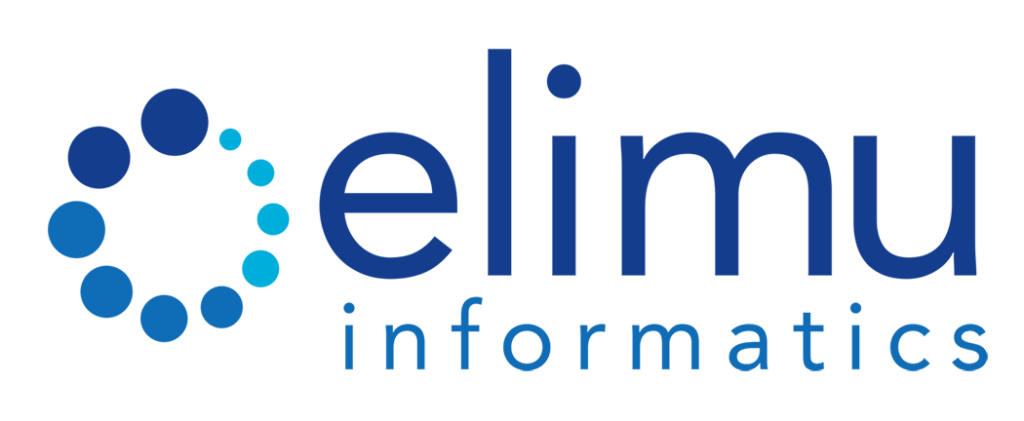May 4, 2018 | Elimu Informatics
Pharmacogenomics (PGx) is often considered low-hanging fruit for genomics-EHR integrations, and many have expressed the notion that drug-gene interaction checking might one day become as much a commodity in EHRs as drug-drug and drug-allergy checking.
PGx use cases are of particular interest because over half of all primary care patients are exposed to PGx relevant drugs [Bell, 2014]. Studies have found that 7% of FDA-approved medications and 18% of the 4 billion prescriptions written in the US per year are affected by actionable PGx variants [Relling, 2015]; that nearly all individuals (98%) have at least one known, actionable variant by current Clinical Pharmacogenetics Implementation Consortium (CPIC) guidelines [VanDriest, 2014]; that when 12 pharmacogenes with at least one known, actionable, inherited variant are considered, over 97% of the US population has at least one high-risk diplotype [Dunnenberger, 2015]; and that an estimated 4% (fluticasone) to 34.6% (simvastatin) of individuals taking these prescriptions harbor one or more variants within genes that potentially influence their action, with an estimated impact on nearly 75 million prescriptions [Bush, 2016].
A summary report from the National Human Genome Research Institute (NHGRI) Genomic Medicine PGx meeting in May 2017 notes that “to date, successes in implementing PGx have largely been through projects funded by the NIH. However, this approach is not scalable or sustainable. Furthermore, EHRs are constantly being updated which necessitates hospitals to spend more money on keeping their systems up to date. Plug-in services are available for drug-drug interactions; potentially they could be developed for drug-gene interactions”.
We believe that PGx Clinical Decision Support (CDS) based on FHIR and CDS Hooks is not only feasible, but that it addresses a sizeable number of genomics-EHR integration challenges that have been reported in the literature. At the HL7 FHIR roundtable and subsequently at the January 2018 HL7 FHIR Connectathon, we demonstrated a prototype PGx CDS service [https://www.youtube.com/watch?v=FAC4-Zkk3Y0]. The service is triggered by a medication order in the EHR. When evoked, the service looks at patient genotype data for potential interactions, and returns corresponding recommendations back to the ordering clinician. Where the patient has no genotype data on file, and if warranted, the service can recommend pre-treatment genetic testing.
We found that we were able to meet our objectives and deploy a functional prototype, interfaced with a commercial EHR. Along the way we identified a number of areas where FHIR or CDS Hooks lacked necessary semantic normalization or had implementation ambiguity, and we’ve been working through the standards community to address these. On top of that, there remains challenges related to the biological complexity of the human genome coupled with the technical limitations and platform variability involved in genetic testing. All that said, we don’t need to solve everything in order to begin effectively alerting clinicians about a subset of relatively straightforward drug-gene interactions that have significant clinical impact from a patient care/safety perspective, as well as a financial perspective.
FHIR and CDS Hooks are promising technologies for genomics-EHR integration in general, including PGx CDS. We believe these technologies will push us forward towards making drug-gene interaction checking an EHR commodity and in driving towards the NHGRI’s vision of a plug-in PGx CDS app. Technology finally appears to be in a place to make a huge financial impact with relatively straightforward knowledge management. Just imagine the impact if just a reasonable percentage of those 75 million eligible prescriptions were either not written because they wouldn’t work, or re-written to a drug that does work.
Is anyone else experimenting in PGx with FHIR and CDS Hooks? What other technologies are you using? We’d love to hear your thoughts!
